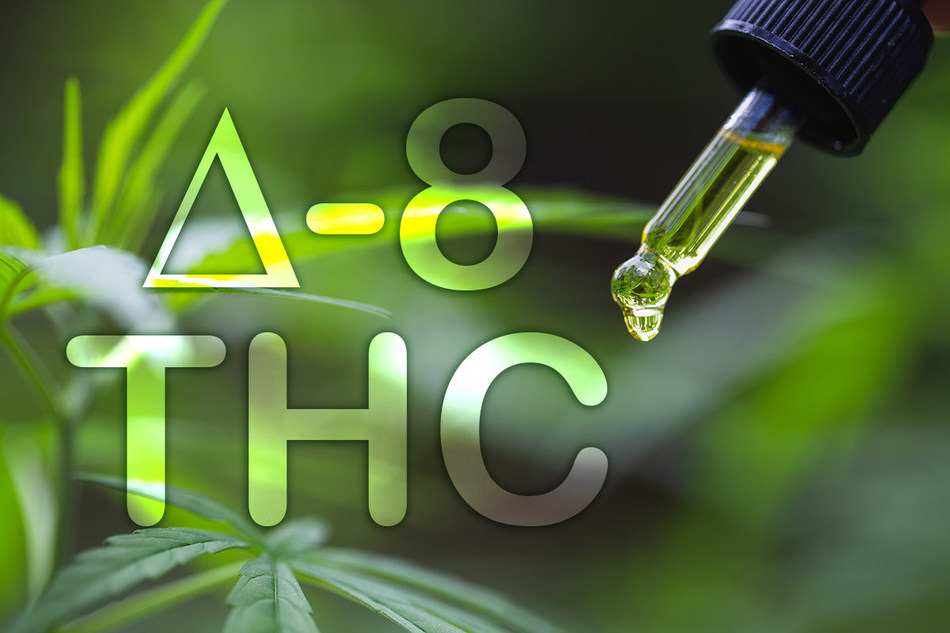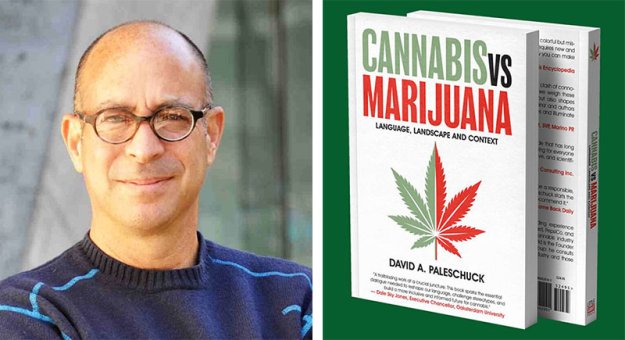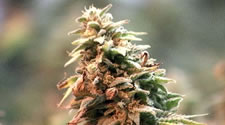Posted on February 28th, 2025 by Bill Weinberg and tagged
California,
cannabis,
capitalism,
CBD,
China,
features,
hemp,
labor,
medicinal,
science,
semantics,
Singapore,
stigma,
United States.
 In the big — and, in nearly half of US states now, successful — drive to legalize cannabis, two major arguments have been brought to bear. First, that public oversight of a legal industry will assure transparency and standards for quality. And secondly, that a taxed industry will be a boon to state and local economies.
In the big — and, in nearly half of US states now, successful — drive to legalize cannabis, two major arguments have been brought to bear. First, that public oversight of a legal industry will assure transparency and standards for quality. And secondly, that a taxed industry will be a boon to state and local economies.
But now a disturbing new study from an industry advocacy group in California indicates that the legal cannabis sector faces a challenge in the proliferation of ostensibly legal but in fact unregulated psychoactive “hemp” products.
 It was federal subsidies for healthcare that were center-stage in the government shutdown and the Capitol Hill deal that finally ended it. But the fight over the heretofore ambiguous legal status of hemp-derived THC was also at issue in the end—and this could represent a serious blow to America’s farmers.
It was federal subsidies for healthcare that were center-stage in the government shutdown and the Capitol Hill deal that finally ended it. But the fight over the heretofore ambiguous legal status of hemp-derived THC was also at issue in the end—and this could represent a serious blow to America’s farmers.
 Legalization in states across the country has led to a reassessment of the word "marijuana." Is it a dated term with racist roots? Many advocates seem to think so. I'm not one of them. Now,
Legalization in states across the country has led to a reassessment of the word "marijuana." Is it a dated term with racist roots? Many advocates seem to think so. I'm not one of them. Now,  Political space for cannabis is generally on the upswing, but there are some intersecting trends that advocates will need to keep a sharp eye on in the coming year. Corporate cannabis will increase pressure on independent producers, while prohibitionists will try to leverage the vape health scare for anti-cannabis propaganda. And the cannabis industry's own terminology may be actually adding to the confusion.
Political space for cannabis is generally on the upswing, but there are some intersecting trends that advocates will need to keep a sharp eye on in the coming year. Corporate cannabis will increase pressure on independent producers, while prohibitionists will try to leverage the vape health scare for anti-cannabis propaganda. And the cannabis industry's own terminology may be actually adding to the confusion. Voters in New Jersey will decide whether to legalize cannabis in the Garden State next year. A measure approved by both houses of the state Legislature officially places the question on the 2020 ballot—ending long months of inaction on a promised legalization bill.
Voters in New Jersey will decide whether to legalize cannabis in the Garden State next year. A measure approved by both houses of the state Legislature officially places the question on the 2020 ballot—ending long months of inaction on a promised legalization bill. So-called "smokable hemp" is suddenly available in shops from coast to coast, legal under terms of last year's Farm Bill. But law enforcement is consternated, conservative politicians are apoplectic, and legislation is being prepared to ban the stuff at the state level. Is this permissible under federal law?
So-called "smokable hemp" is suddenly available in shops from coast to coast, legal under terms of last year's Farm Bill. But law enforcement is consternated, conservative politicians are apoplectic, and legislation is being prepared to ban the stuff at the state level. Is this permissible under federal law? The prosecutor for Miami-Dade County is the latest of several around the country to halt minor cannabis cases. The move was prompted by a dilemma vexing law enforcement nationwide: the inability to distinguish between THC and legal CBD in confiscated samples.
The prosecutor for Miami-Dade County is the latest of several around the country to halt minor cannabis cases. The move was prompted by a dilemma vexing law enforcement nationwide: the inability to distinguish between THC and legal CBD in confiscated samples.





Recent comments
2 weeks 6 days ago
3 weeks 6 days ago
7 weeks 6 days ago
11 weeks 4 days ago
15 weeks 5 days ago
16 weeks 3 days ago
26 weeks 3 days ago
30 weeks 3 days ago
31 weeks 4 days ago
31 weeks 4 days ago